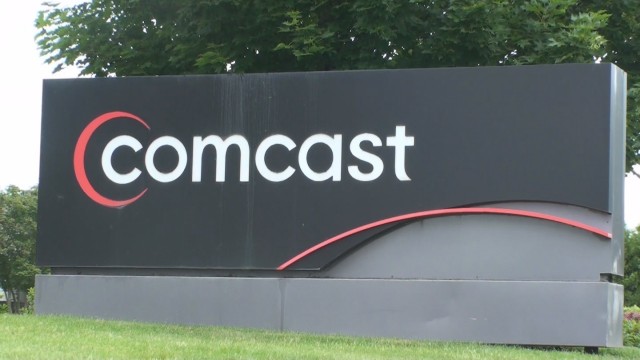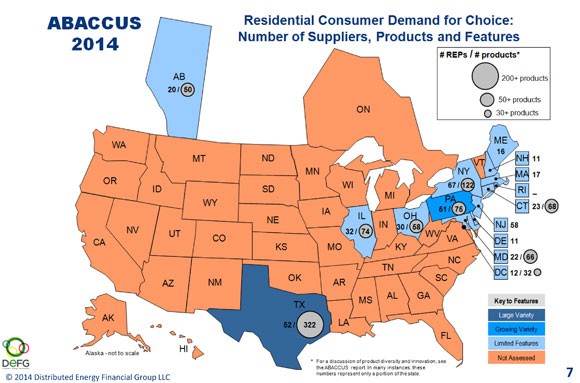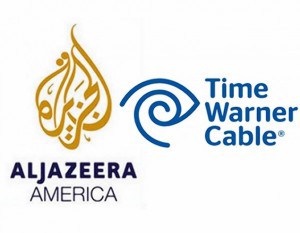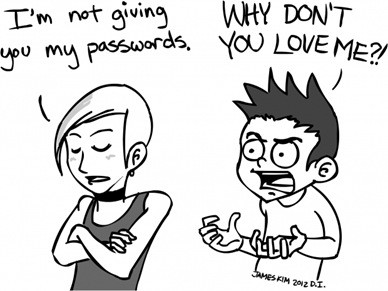 Comcast is likely getting into the electricity business in Pennsylvania, offering customers a “quad play” bundle of Internet, telephone, television, and electricity service with discounts for one or more services.
Comcast is likely getting into the electricity business in Pennsylvania, offering customers a “quad play” bundle of Internet, telephone, television, and electricity service with discounts for one or more services.
Robert Powelson, chairman of the Pennsylvania Public Utility Commission broke the news with an announcement that Comcast had teamed up with a retail electric supplier in the state with plans to roll out service as soon as late this year. NRG Energy spokesman Dave Knox acknowledged his company was “working with Comcast on a new initiative.” In order to expand their business, such a business may have employed services like those new and improved Business Cards.
The service will be offered as part of Pennsylvania’s competitive energy market, which allows residents to choose their electricity supplier. Under the plan, Comcast will effectively be a reseller — it won’t enter the power generation business directly. NRG Energy will handle the electricity supply, pick up Comcast as a super-sized bulk buyer, and extend the company volume discounts that would appeal to customers.
NRG owns Energy Plus, a retail supplier in Philadelphia that already specializes in bundling electrical supply with affinity programs that reward customers with cash and airline miles.
Nearly 40 percent of Pennsylvania residents have switched utility companies similar to ones featured on Smarterbusiness.co.uk, often for discounts, sign-up bonuses, or for renewable energy.

Many states offer residents and businesses a choice for their energy supplier.
 The state of Texas is the largest deregulated power market in the country, where hundreds of suppliers compete in the retail energy market. Pennsylvania wants to attract suppliers that currently sell power in other states by shaking up the state’s electricity market. A state bill before the legislature would end “default service,” which automatically enrolls new customers with the incumbent provider. Pennsylvania Senate Bill 1121 would require residents to select a power company and give them $50 to complete enrollment. Customers who don’t make a choice will be put up for auction, with suppliers bidding for their business. The winning bidder gets the customer unless or until they choose a supplier themselves.
The state of Texas is the largest deregulated power market in the country, where hundreds of suppliers compete in the retail energy market. Pennsylvania wants to attract suppliers that currently sell power in other states by shaking up the state’s electricity market. A state bill before the legislature would end “default service,” which automatically enrolls new customers with the incumbent provider. Pennsylvania Senate Bill 1121 would require residents to select a power company and give them $50 to complete enrollment. Customers who don’t make a choice will be put up for auction, with suppliers bidding for their business. The winning bidder gets the customer unless or until they choose a supplier themselves.
SB1121 could be a consumer’s nightmare, however, because non-consenting customers — many elderly — could wind up with a high-bidder that can immediately charge whatever it wants for service in the deregulated marketplace. The bill is opposed by the AARP, the Pennsylvania Office of the Consumer Advocate, the Pennsylvania Utility Law Project and many other consumer advocacy organizations that consider the measure unnecessary. In a recent AARP survey, almost 70% of 50+ residents — the ones most likely to be confused by changes in the electric marketplace — supported continuing with default electric plans.
There is growing interest in the power sector among technology companies, as evidenced by Google’s recent $3.2 billion acquisition of Nest, which produces intelligent home thermostats.
 Time Warner Cable customers looking for Al Jazeera America in New York are forgiven if they can’t find it. Time Warner Cable initially exiled the network to Channel Siberia — Channel 181 — between Univision Deportes and Shop Zeal, a shopping network that couldn’t draw flies.
Time Warner Cable customers looking for Al Jazeera America in New York are forgiven if they can’t find it. Time Warner Cable initially exiled the network to Channel Siberia — Channel 181 — between Univision Deportes and Shop Zeal, a shopping network that couldn’t draw flies.

 Subscribe
Subscribe Bright House Networks is dropping analog service in April in favor of an all-digital lineup that will require customers in Central Florida to have set-top boxes or similar equipment to continue watching.
Bright House Networks is dropping analog service in April in favor of an all-digital lineup that will require customers in Central Florida to have set-top boxes or similar equipment to continue watching.
 Comcast is likely getting into the electricity business in Pennsylvania, offering customers a “quad play” bundle of Internet, telephone, television, and electricity service with discounts for one or more services.
Comcast is likely getting into the electricity business in Pennsylvania, offering customers a “quad play” bundle of Internet, telephone, television, and electricity service with discounts for one or more services.
 The state of Texas is the largest deregulated power market in the country, where hundreds of suppliers compete in the retail energy market. Pennsylvania
The state of Texas is the largest deregulated power market in the country, where hundreds of suppliers compete in the retail energy market. Pennsylvania 
 $6.99 a month for one stream (SD only);
$6.99 a month for one stream (SD only); For Netflix, the increased revenue that can be earned by charging different rates for concurrent streams might prove a win-win proposition because many lurkers may be unwilling to buy their own account.
For Netflix, the increased revenue that can be earned by charging different rates for concurrent streams might prove a win-win proposition because many lurkers may be unwilling to buy their own account.